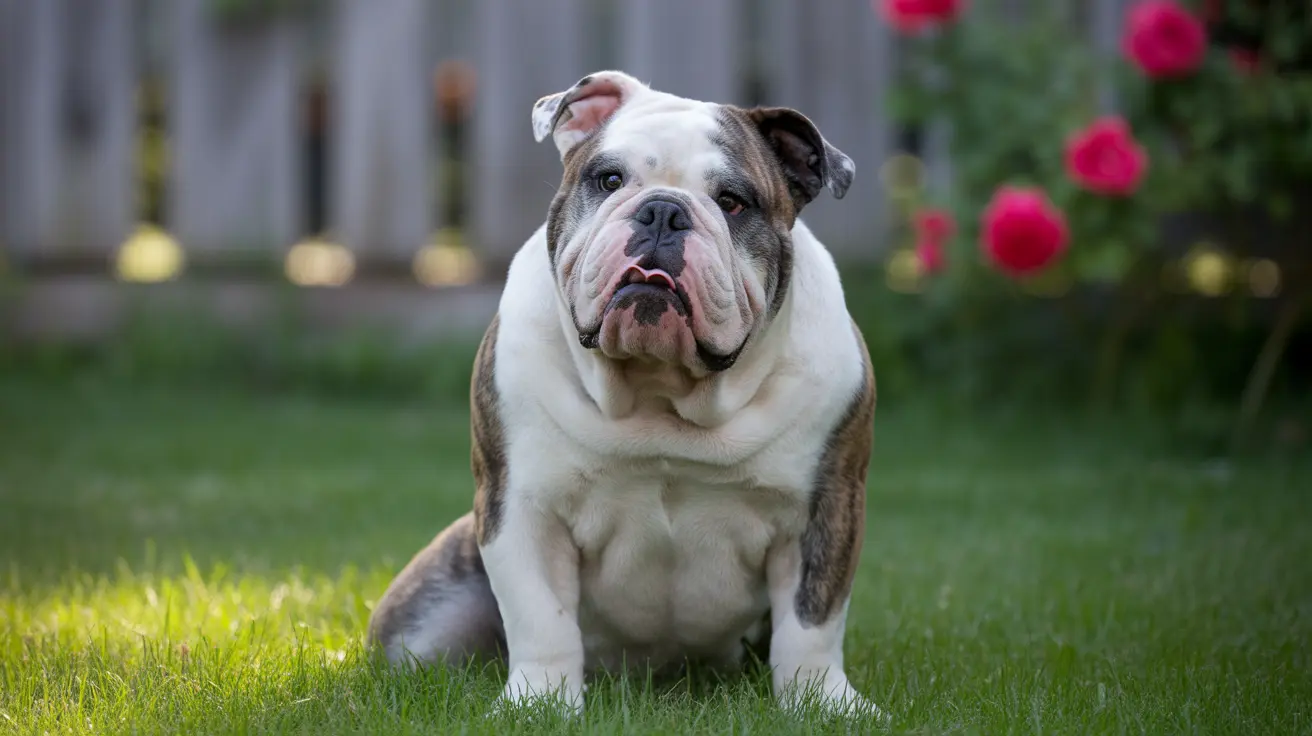If you're a dog owner, you've likely experienced the unmistakable and sometimes embarrassing phenomenon of dog farts. While occasional flatulence is a normal part of your pet's digestive process, excessive gas can be both uncomfortable for your dog and unpleasant for your household.
Understanding why dogs fart and how to manage this natural bodily function can help improve both your pet's comfort and your home's air quality. Let's explore the causes, solutions, and when you should be concerned about your dog's flatulence.
Common Causes of Dog Flatulence
Several factors contribute to canine flatulence, with diet being one of the primary culprits. Dogs that consume foods high in fiber, soybeans, peas, or dairy products are more likely to experience excessive gas. Additionally, rapid eating and swallowing air (aerophagia) account for a significant portion of gas problems in dogs.
Brachycephalic breeds, such as Bulldogs and Pugs, are particularly prone to flatulence due to their facial structure, which causes them to swallow more air while eating and breathing. This anatomical predisposition makes them more susceptible to gas-related issues.
Dietary Factors and Their Impact
Your dog's diet plays a crucial role in their digestive health. Poor-quality dog food or sudden dietary changes can lead to increased gas production. Foods that are difficult to digest or contain artificial preservatives and fillers often contribute to excessive flatulence.
High-fat diets and table scraps can also disrupt your dog's digestive system, leading to increased gas production. It's essential to maintain a consistent, high-quality diet that suits your dog's specific nutritional needs.
Medical Conditions That Cause Excessive Gas
While most cases of dog flatulence are benign, sometimes excessive gas can signal underlying health issues. Conditions such as inflammatory bowel disease, food allergies, or bacterial overgrowth in the intestines may manifest through increased flatulence.
If your dog's gas is accompanied by symptoms like diarrhea, vomiting, loss of appetite, or weight loss, it's important to consult with your veterinarian for proper diagnosis and treatment.
Managing Your Dog's Flatulence
Dietary Solutions
Switch to a high-quality, easily digestible dog food that contains premium ingredients. Gradually transition to new foods over 7-10 days to prevent digestive upset. Consider foods specifically formulated for sensitive stomachs if your dog has ongoing issues.
Feeding Habits
Use slow-feeder bowls to prevent rapid eating and reduce air swallowing. Feed smaller, more frequent meals throughout the day rather than one or two large meals. Ensure your dog has access to fresh water at all times to aid digestion.
Exercise and Activity
Regular exercise helps promote healthy digestion and reduces gas buildup. Maintain a consistent exercise routine, but avoid vigorous activity immediately after meals, which can lead to increased air swallowing and gas production.
Frequently Asked Questions
Why do dogs fart so much, and is it normal?
Dogs fart due to trapped gas in their digestive system, which can be caused by swallowed air, dietary factors, or normal digestive processes. While some flatulence is normal, excessive gas may indicate dietary issues or health problems.
How can I reduce the smell of my dog's farts?
Improve your dog's diet with high-quality food, add digestive enzymes or probiotics to their meals, and ensure they eat slowly. Regular exercise and maintaining a healthy weight can also help reduce gas odors.
What foods cause excessive gas in dogs, and how can I avoid them?
Common gas-producing foods include dairy products, soybeans, peas, fatty foods, and table scraps. Stick to high-quality dog food specifically formulated for your pet's needs and avoid human food treats.
Can excessive flatulence in dogs be a sign of an underlying health issue?
Yes, excessive gas can indicate conditions like food allergies, inflammatory bowel disease, or bacterial infections. If your dog's gas is severe or accompanied by other symptoms, consult your veterinarian.
How can I help my dog digest food better to reduce flatulence?
Feed high-quality, easily digestible food, use slow-feeder bowls, provide regular exercise, and consider adding probiotics to their diet. Maintain consistent feeding schedules and avoid sudden dietary changes.
Conclusion
While dog farts are a natural part of life with our canine companions, understanding their causes and implementing appropriate management strategies can help reduce their frequency and intensity. If your dog's flatulence becomes excessive or is accompanied by other concerning symptoms, don't hesitate to seek veterinary advice for proper evaluation and treatment.






